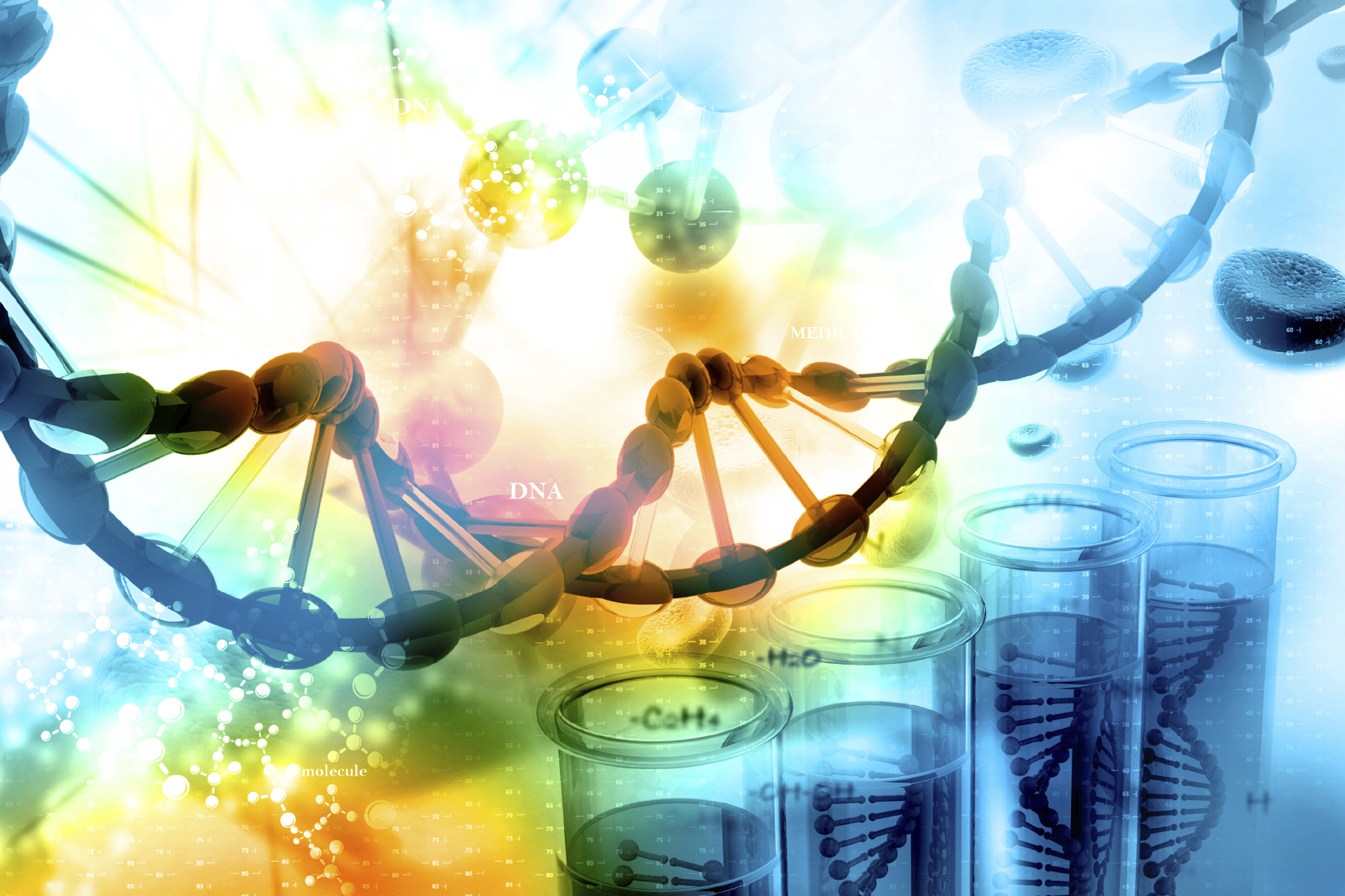
A study published on April 18 linked the timing of a person’s sexual debut to their DNA. “If some people have sex at 15 years old and others wait until 20, genetics account for 25 percent of that difference,” says John Perry, a University of Cambridge geneticist and a senior author on the paper published in Nature Genetics. Compare that to the influence of DNA on height (about 80 percent) and intelligence (about 50 percent).
The parents in the audience always gasp when they see about 60 percent of kids have started having sex by senior year.
For these latest findings, researchers combed through genomic and survey data from more than 125,000 men and women and identified 38 genetic variants that could determine when a person loses his or her lose their virginity. They also found connections between DNA, age of puberty and when people had their first child, adds The Washington Post.
As a parent, this research fascinates me. I think about my own sexual debut and wonder how much DNA will determine the experiences of my daughters.
Of course, that’s only a quarter of the V-card puzzle, says Dr. Robert Lehman, co-founder of Seattle-based organization Great Conversations, which offers family-oriented classes about adolescence.
“We’ve always known that certain behaviors have genetic components,” he says, pointing to societal pressures and family structure as other key influences on development.
What’s more surprising, he says, is how few parents know that teens are, in fact, having sex. In class, Lehman often uses a bar graph that shows the average number of sexually-active teens in each high school grade. The parents in the audience always gasp when they see about 60 percent of kids have started having sex by senior year.
Don’t just rely on bar graphs, though. Lehman cautions parents on taking findings ab out a “sex gene” and saying “well, it's out of my hands.”
out a “sex gene” and saying “well, it's out of my hands.”
Wait, does that mean I still need to talk to my children about the birds and the bees? I can't just leave it up to science?
Yes, Virginia, er, Nancy, you’re not getting out of having this conversation.
“If you think your kid is genetically predisposed to wait to have sex, this is a false pretense,” says Seattle sexual health educator Amy Lang. “Parents will have any excuse to not have the conversation. The reality is your kid is going to have sex sooner or later, and the average age for kids to start having sex is 16 or 17. Proceed as though your child is going to have sex!”











